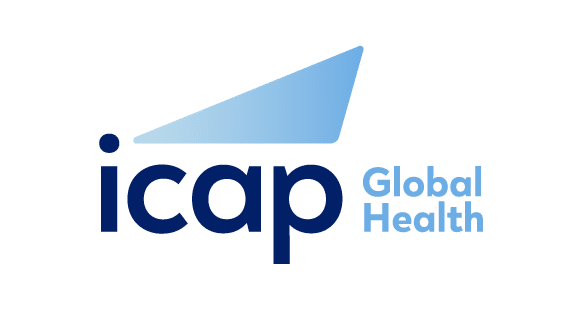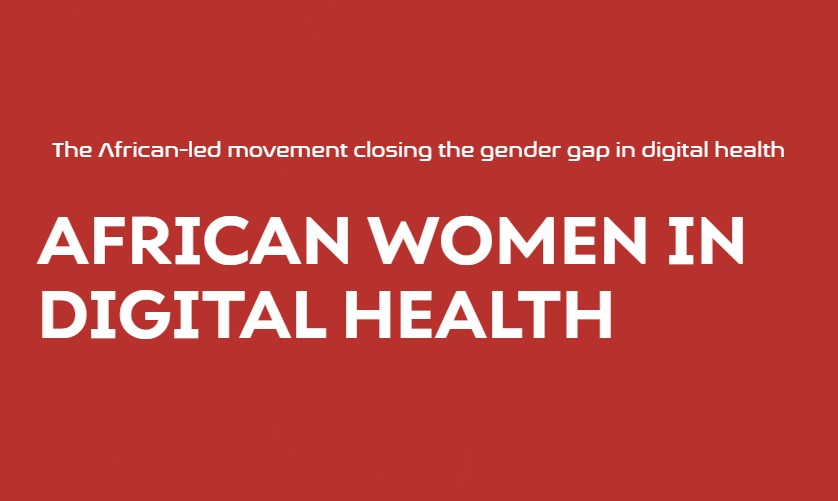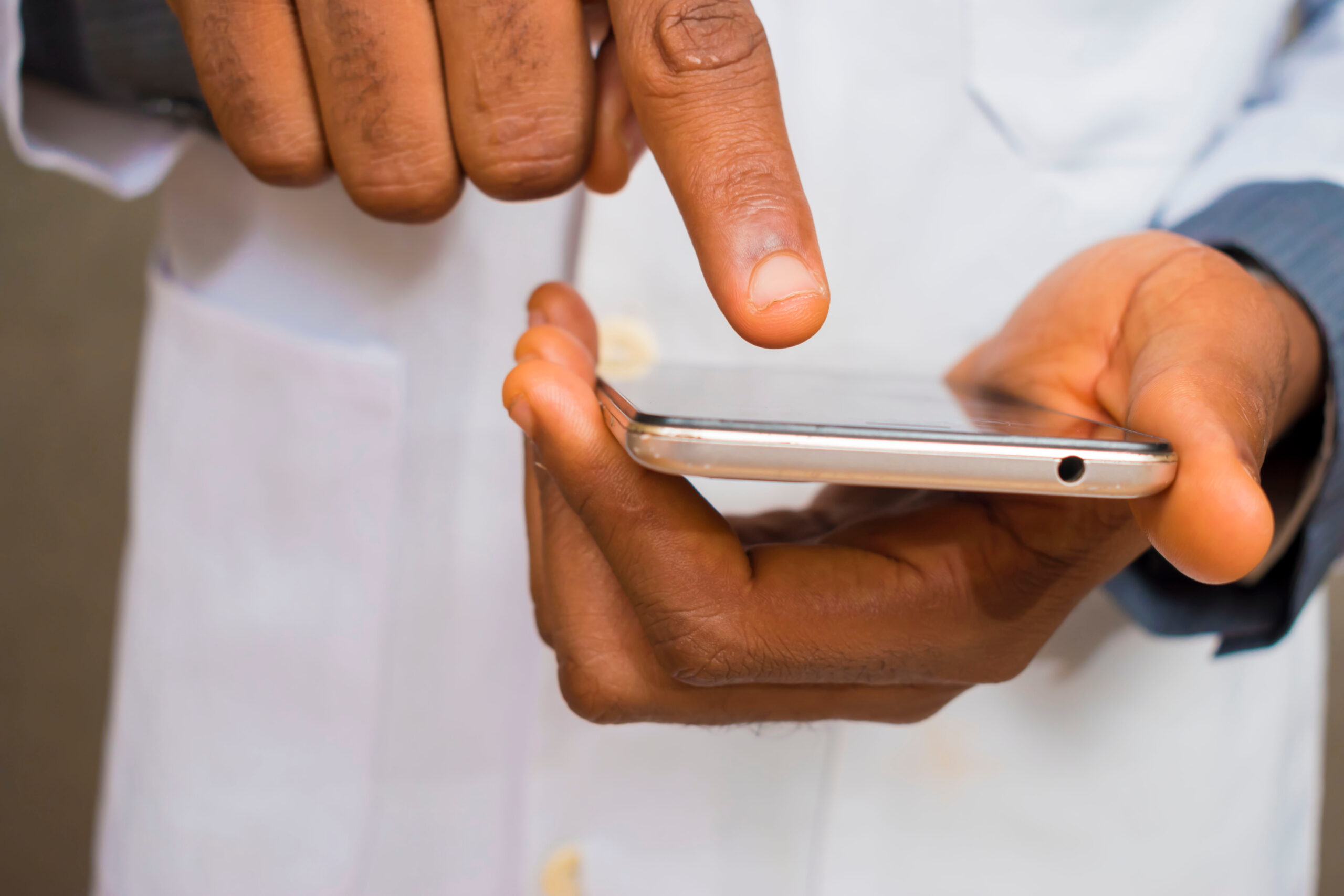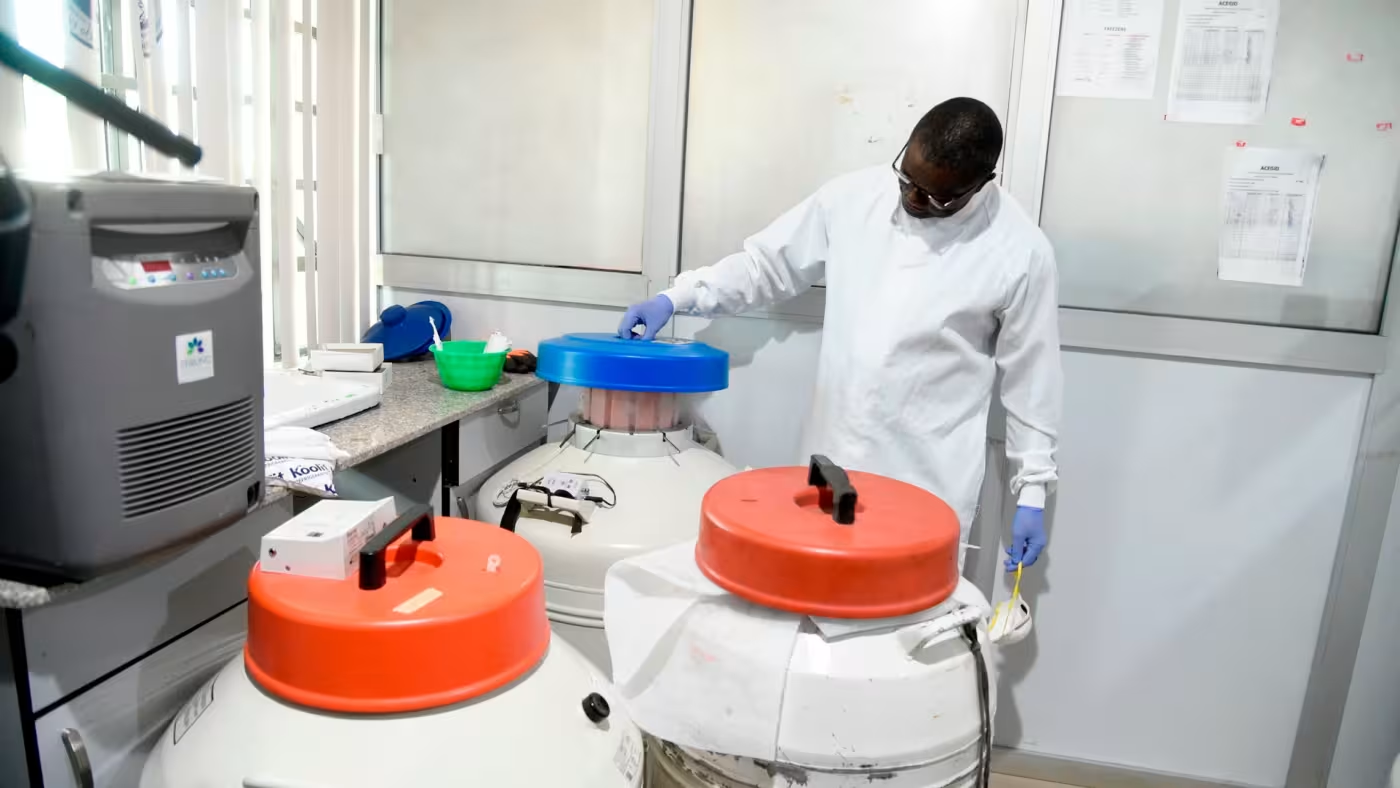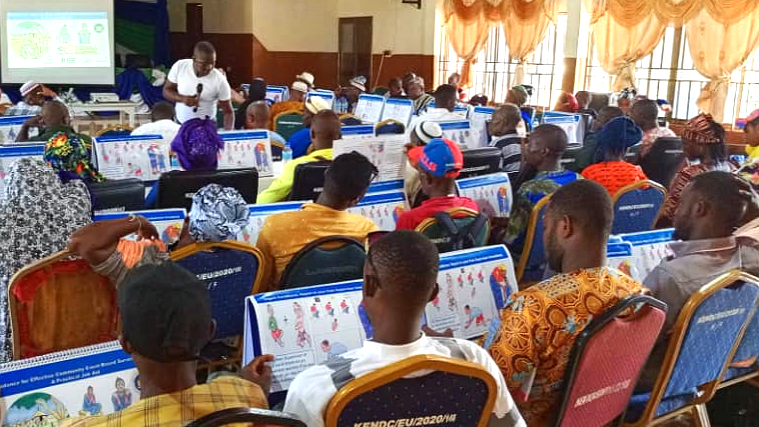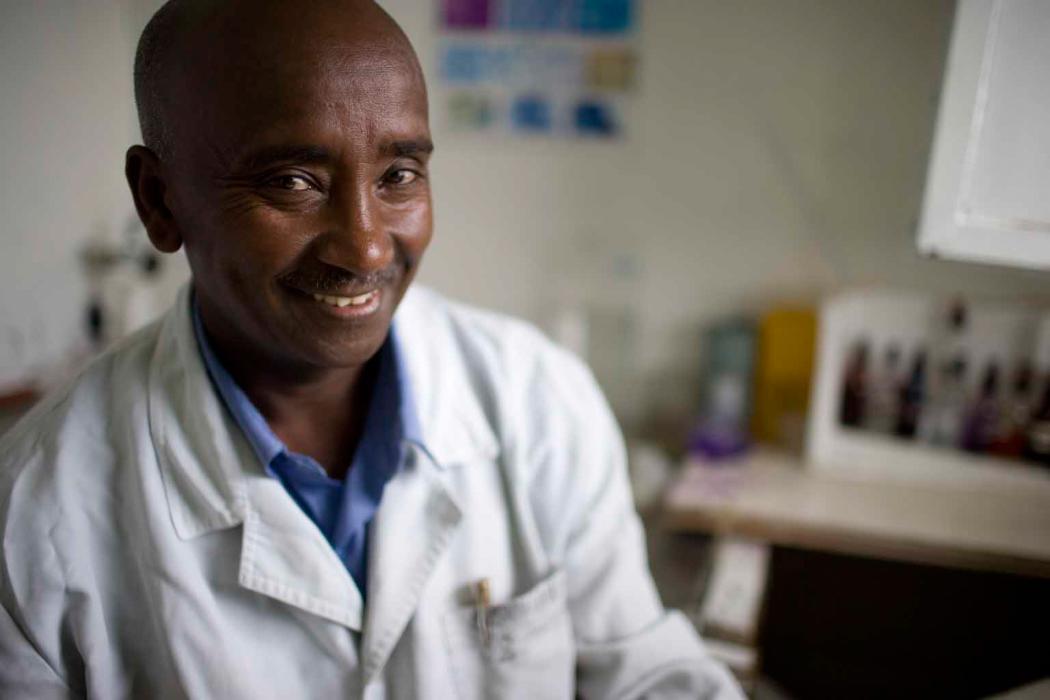You’ve been redirected from preventepidemics.org.
Prevent Epidemics is part of resolvetosavelives.org.
Home / Prevent Epidemics
Epidemics don't have to happen
But every day, millions of lives and livelihoods are at risk because outbreaks aren't detected, reported and controlled in time.
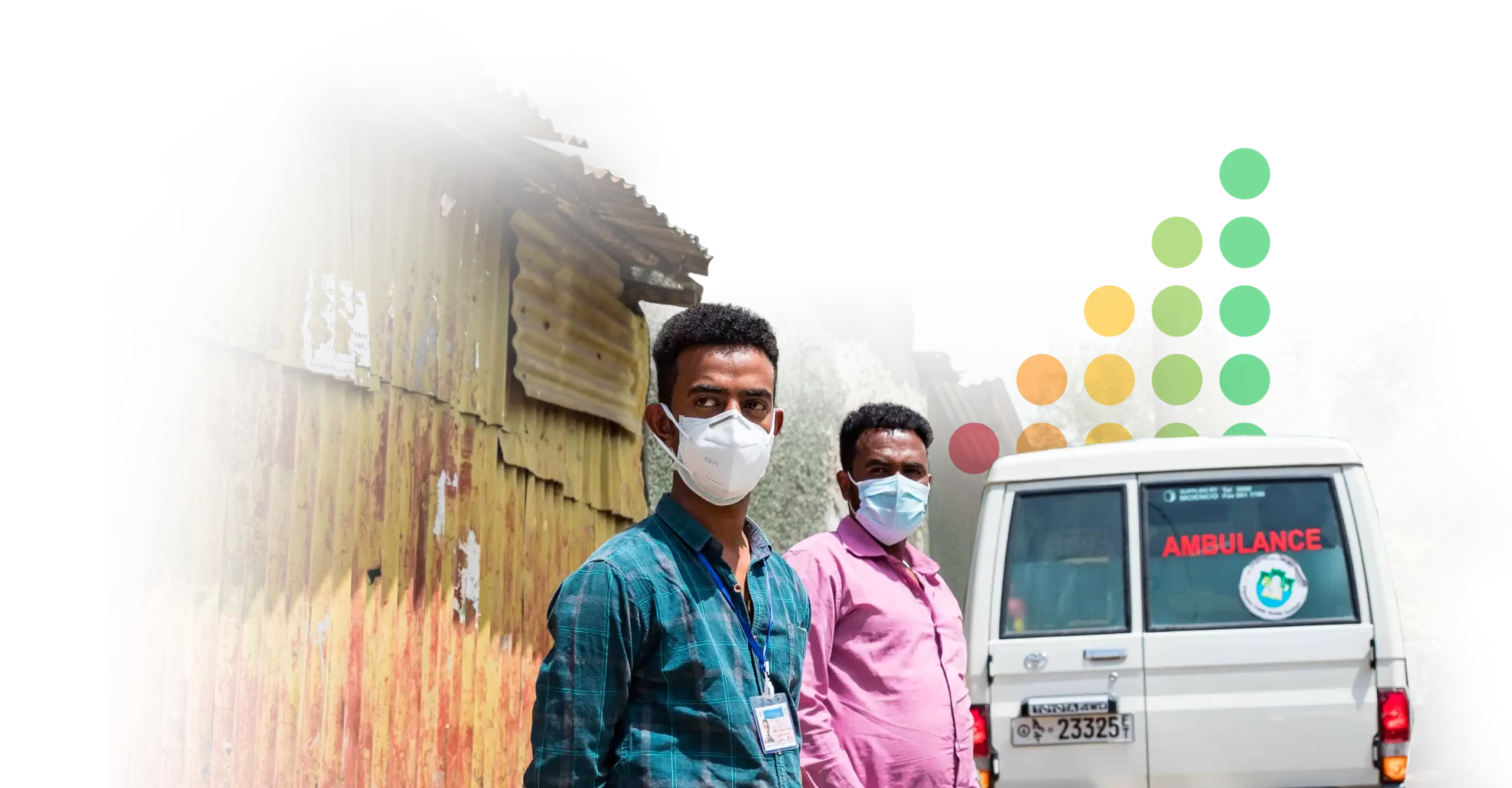
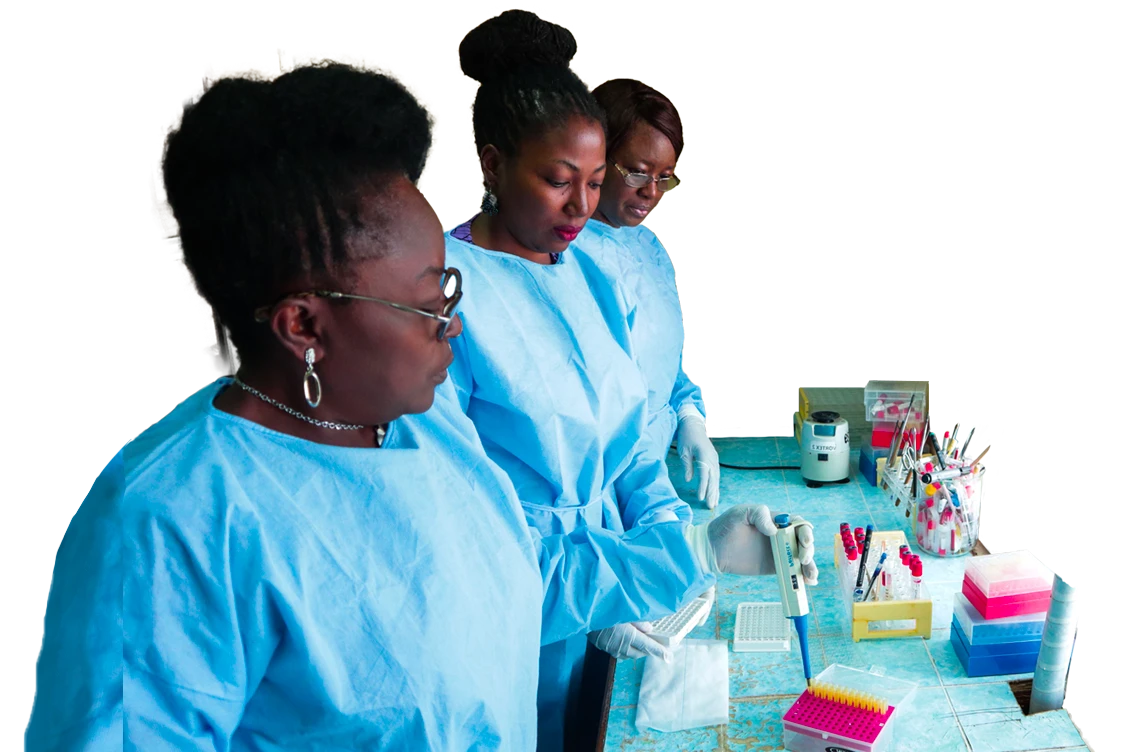
Epidemic preparedness is not just about pandemics and novel pathogens. Ongoing outbreaks involving familiar pathogens, like cholera and influenza, cause millions of preventable deaths every year, and much more illness and avoidable suffering. Globally, countries often face a multitude of urgent health issues with tight budgets and limited resources, meaning they can’t deal with outbreaks quickly and decisively.
Resolve to Save Lives works to make the world safer from epidemics by partnering with high-risk countries to strengthen key aspects of their health security systems. We forge strong partnerships—primarily with and between countries and governments—and elevate our learnings to global partners, treating country-level preparedness and response architecture as a foundation for global health security.
We drive collective action by:
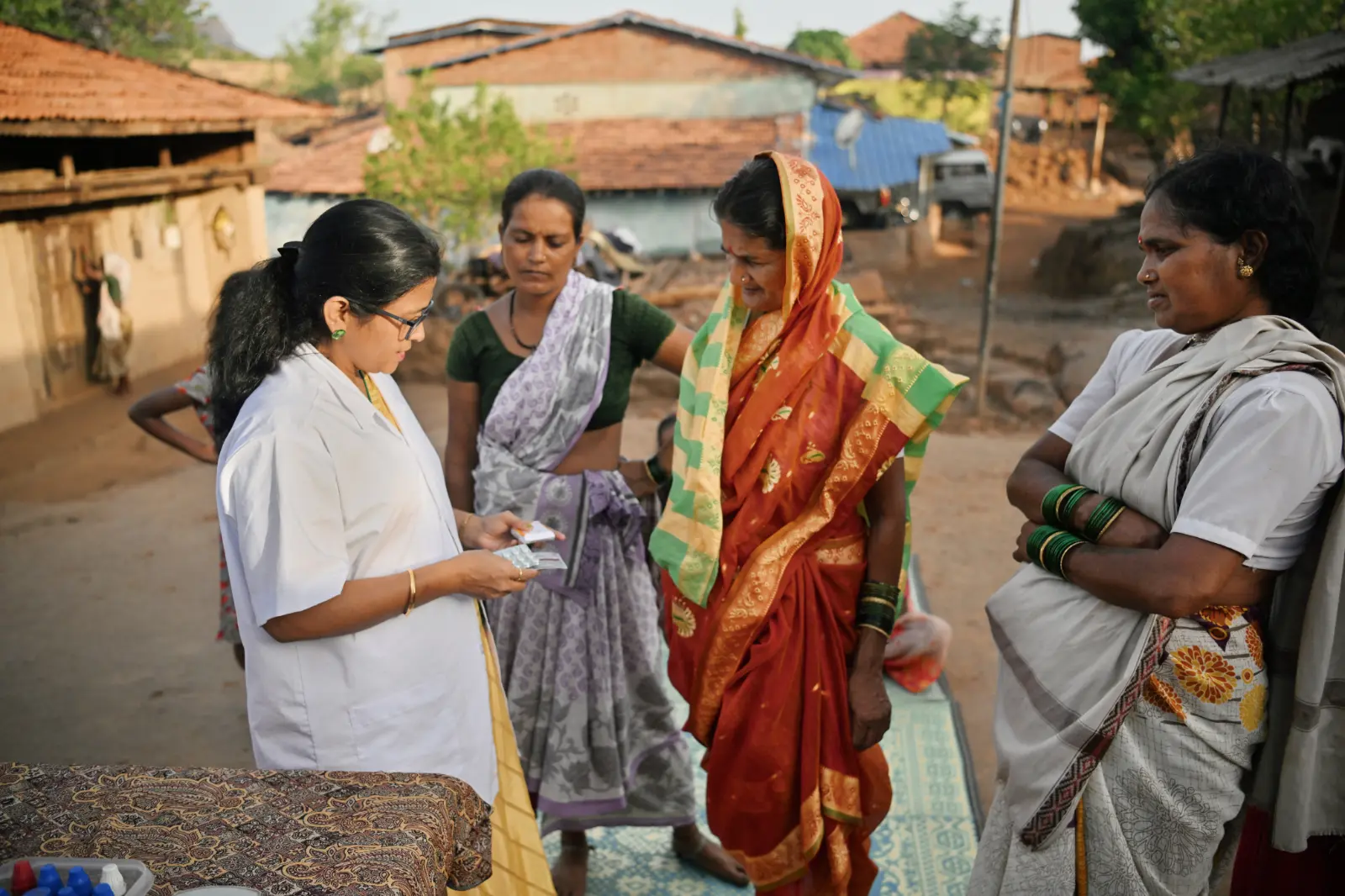
Enabling countries to scale up their technical expertise, develop operational excellence and build political will for public health action.
Focusing our efforts on strengthening the health system and work on addressing root causes that undermine its performance.
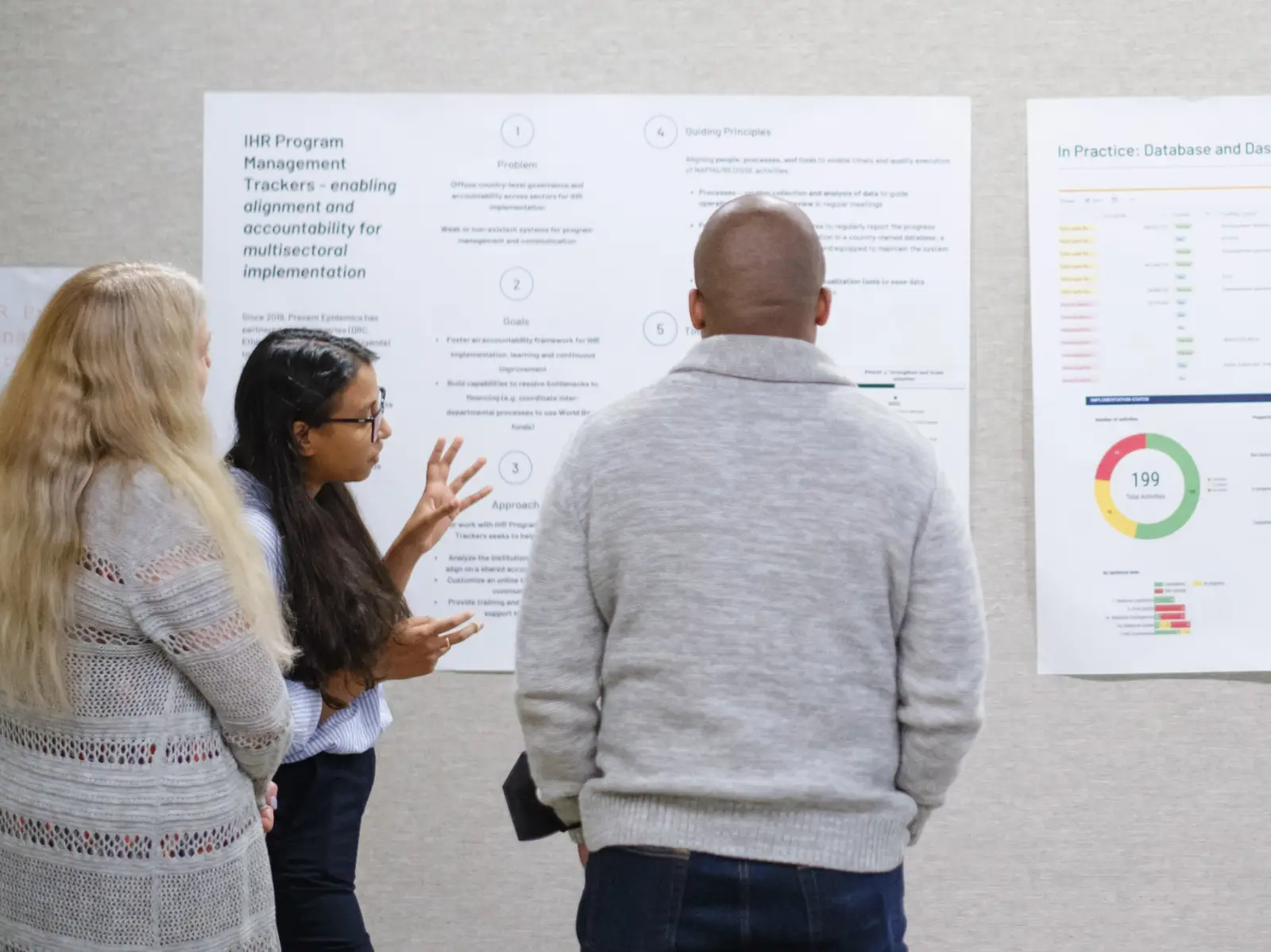
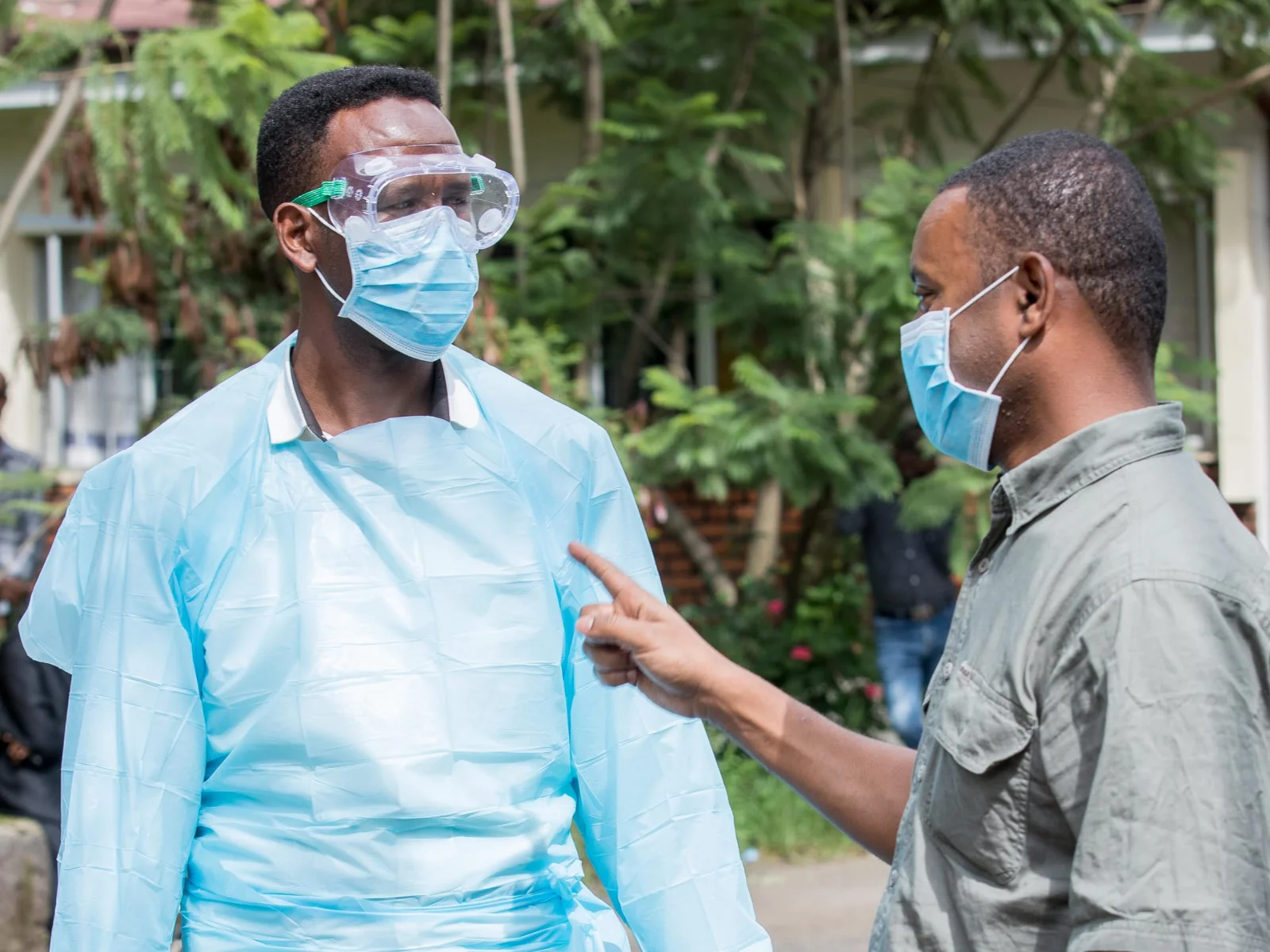
Encouraging our partners to treat every outbreak as a unique learning opportunity that informs and improves future response efforts for known and novel pathogens.
Read our reports showcasing outbreaks that were stopped in their tracks
Image credit: Courtesy of the International Federation of Red Cross and Red Crescent Societies
We work with our partners at the country level to:
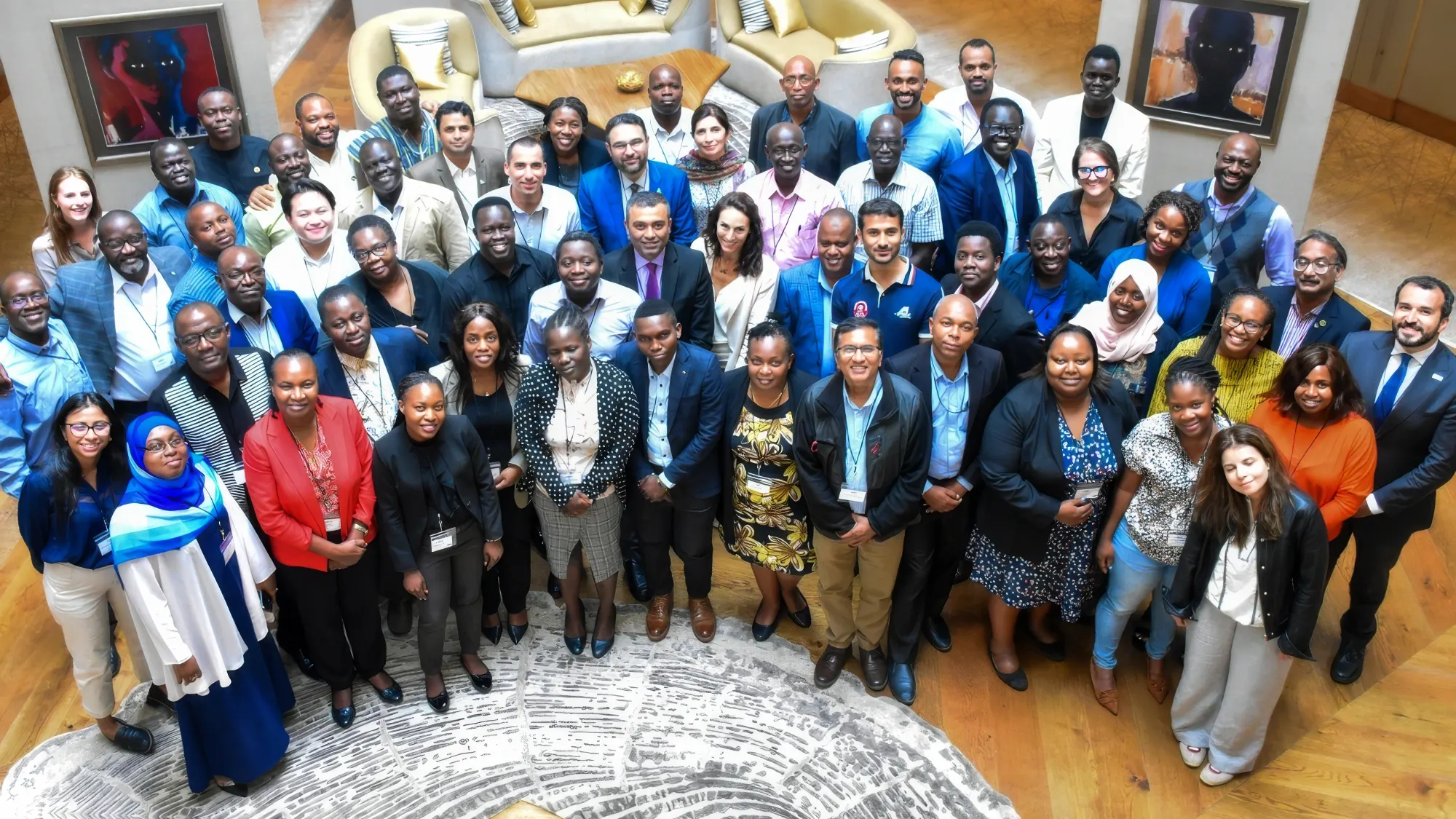
Our partners include:
